Turn your Judgments into gold
Do you have any negative thoughts about someone? Check out how you can transform them with Nonviolent Communication in a message that will soften you towards the other, a message that this person will hear with compassion, so you’ll find a solution for whatever is bugging you about them.
Here you can read the full text of the video, so can trace back any sections quickly:
– So we’re going to translate any judgment that you might have about someone into gold, by using Nonviolent Communication. Voila! No I’m kidding these are just fake golden eggs from the Blokker store. What I mean when i say gold is that when you translate your judgment with Nonviolent Communication it’s more likely that you’ll be heard, that the other person will want to hear you and actually feel compassionate to you. Second thing is that it’s more likely that the other person will want to actually change their behavior. And also it might happen that you will feel even more close to the other person than you did before you had the judgments.
So in Nonviolent Communication judgments are very central, they’re not to be pushed away, or that you have to be enlightened and overcome them or something. We’re just going to use them for your benefit and that of the other person. So I’m going to guide you through a three-step process. All you need is a pen and a piece of paper, so grab those and let’s get started.
Step one is to make an observation. This means that you’re going to describe the situation that triggered you, in very neutral terms so without any judgment – that’s going to come later. It helps to pretend that you’re a camera, that is just registrating something without any opinion. For example: me this morning I had a judgment about my flatmate that he was talking too long and he was being vague. And when I have this judgment that my flatmate talks too long, the observation could be something like: ‘he was talking for six minutes’ and then I also had a judgment that he was being vague, and I guess that’s a bit harder, so sometimes you really have to search, like what do I mean with that? I guess for me it was something like that he was talking about several different topics and I couldn’t see how they were related. So that could be an observation as well. This kind of pinpointing what it was exactly about the situation that triggered you, can sometimes already bring a bit of relief, or at least give you some clarity about what was bothering you exactly. If you like you can pause the video and write down for yourself about the situation, what was it exactly that triggered you – without any judgment.
Step two is to catch your judgments. So what counts as a judgment? NVC says that whenever what you say kind of assumes that there is a right way to do things and a wrong way to do things, a way to be good and a way to be bad, that’s when probably there are some kind of judgments. So for example with me and my flatmate, when I say that he’s talking too long I assume that there’s a right amount of time to talk and a wrong amount of time talk. And when I say that he’s being vague I kind of assumed that there’s a right amount of clarity that he should have or something. In NVC all language that assumes right and wrong is called Jackal language, and this goes for judgments, but also when I say things with ‘should’ or ‘have to’, like for example when I say: ‘When I talk to you, you should put away your phone’. Then that also assumes wrongdoing. You can have Jackals towards other people, but also about yourself, and I’m going to devote a separate video to this kind of ‘self judging’. I have a warning before you start because when I heard about the Jackal for the first time I was like: ‘
I have a warning before you start because when I heard about the Jackal for the first time I was like: ‘oh great ok so the Jackal I need to avoid the Jackal, the Jackal is bad, right. Do you see kind of the irony in this because actually I’m saying that it’s bad to say that things are bad.. right so be careful about this, because actually we’re all raised in a way with Jackal language, but also with this judgment that ‘it’s bad to judge’, and this is kind of like one of my trainers called it ‘the New Age Jackal’. it’s a Jackal that’s saying: ‘you shouldn’t judge, you should be more enlightened’, and all that. And the reason I want to warn you for that, is that in a moment you’re going to write down your judgments and I don’t want you to censor yourself at all – I just want you to kind of celebrate them, just bring them all out. Step 3 is to translate your judgments. So first of all: why would you even want to translate them? Why don’t I just say to my flatmate hey I think you’re
Step 3 is to translate your judgments. So first of all: why would you even want to translate them? Why don’t I just say to my flatmate hey I think you’re talking too long, and you’re being vague? Well the reason is: two things are very likely to happen: first of all the other person can get very defensive so when I’m saying: ‘you’re being vague’, then he could say something like: ‘well you just don’t listen, and you don’t have the patience to actually take the time for me!’, something like that. So he might defend himself and then it’s not very likely that he will hear what I actually want to say. Second thing, and this is a bit less visible but it happens a lot as well, is that when I judge the other person, the other person starts to judge themselves. So my flatmate could be thinking something like: ‘oh she’s right, I really suck at expressing myself clearly.. and I’m such an autist.. or you know whatever. And you might wonder why is that a bad thing, because then ‘at least he sees the problem’ right. But the thing is that when I share my judgments, I’m probably a bit in pain right: I’m angry or irritated or sad about something and I want him to hear this. But when he starts judging himself, he also gets in pain. So that means that there’s two people in pain and there’s really no one to listen. So please keep this in mind, that whenever you want to share something it’s really helpful if the other person has space to hear this. And that’s why it’s helpful to translate your judgments. So how do you do that? In NVC we say that behind every judgment there’s a need. And if you look at this card you see that there are many many needs, these are all suggestions. So if I think about my judgment that my flatmate is being vague I could think that maybe I want some clarity about what he’s saying and maybe I want some care for my time and energy because I was feeling a bit bored and not so engaged.. but I don’t know it doesn’t yet fully resonate with me, like you know when I totally feel super connected with someone then he can talk for hours and I don’t mind, so actually I think it’s more about that, that I want when I talk with someone i want to understand them, i want to have some connection with this person and then they can talk for hours and I don’t mind, so I think it’s more about that: I want connection with him and I didn’t manage so far to get that in a kind of easy way. So now maybe you can hear I’m sounding a bit
So how do you do that? In NVC we say that behind every judgment there’s a need. And if you look at this card you see that there are many many needs, these are all suggestions. So if I think about my judgment that my flatmate is being vague I could think that maybe I want some clarity about what he’s saying and maybe I want some care for my time and energy because I was feeling a bit bored and not so engaged.. but I don’t know it doesn’t yet fully resonate with me, like you know when I totally feel super connected with someone then he can talk for hours and I don’t mind, so actually I think it’s more about that, that I want when I talk with someone i want to understand them, i want to have some connection with this person and then they can talk for hours and I don’t mind, so I think it’s more about that: I want connection with him and I didn’t manage so far to get that in a kind of easy way. So now maybe you can hear I’m sounding a bit softer, like I’m starting to feel compassion
Okay so now it’s your turn. Look at the card and see which needs speaks to you the most. It can be one or it can be several, mostly it’s one or two needs that are really matching with you and the way to notice this is actually to pay attention to your body, because often when the need really matches with you, you’ll feel either some relaxation or some relief, or maybe some butterflies in your stomach. Maybe it doesn’t happen this first time, but if you do it more often you’ll notice that you get more connected with your body, that’s kind of giving you this information that ‘oh that’s actually what I’m longing for..’ So if you want you can pause the video right now, you can also actually download this sheet if you go to my website cupofempathy.com, you can download it as a PDF and then you can just print it and bring it everywhere you want. So whatever is most easy for you right now. So i’ll just give you some time right now to look at your need. So now that we took these steps we can actually start expressing to the other person. So instead of saying to my flatmate: ‘you’re being vague and you talk too long’. I could say something like: ‘Hey can I say something? I noticed I cannot really relate to different things you’re saying to each other and I would actually like to understand you so that I feel more connected and more close to you, and somehow I don’t know exactly yet how to do it, but I just want to say it, so I’m not kind of hiding this. So now as you can see it’s not about the other person anymore, it’s much more about me, what I would like, and it’s way more likely that the other person is touched to hear this, or at least wants to have a dialogue. And the funny thing was for me like when I was connecting with myself and figuring out what was my need, I actually noticed I already felt more connected to him, because I wasn’t judging him anymore. And
So now that we took these steps we can actually start expressing to the other person. So instead of saying to my flatmate: ‘you’re being vague and you talk too long’. I could say something like: ‘Hey can I say something? I noticed I cannot really relate to different things you’re saying to each other and I would actually like to understand you so that I feel more connected and more close to you, and somehow I don’t know exactly yet how to do it, but I just want to say it, so I’m not kind of hiding this. So now as you can see it’s not about the other person anymore, it’s much more about me, what I would like, and it’s way more likely that the other person is touched to hear this, or at least wants to have a dialogue. And the funny thing was for me like when I was connecting with myself and figuring out what was my need, I actually noticed I already felt more connected to him, because I wasn’t judging him anymore. And usually you would after expressing your need, you would want to add a request, a kind of concrete request to the other person. I want to devote a separate video to this because it’s kind of a whole topic in itself and I want to teach you exactly how to do that very effectively.
One little tip at the end is that if you actually start to express it and start to try it out, please be very patient and very compassionate with yourself, because this is really like learning a new language you know, and if you start to talk French after one exercise with someone it can be pretty scary and it can be sounding maybe a bit robotic, or the other person might be like: ‘what’s happening?’ You can get all kinds of reactions and it’s a more advanced thing how to do this more naturally and all that. So you’re gonna get there if you keep practicing but for now just I want to just send you some compassion for your practice. So I’m super curious what you came up with. Please share it in the comments below: share both your old judgment and what you came up with now during this exercise and if you got stuck on the way, like you didn’t manage to find the observation, or you’re not sure whether it’s actually neutral, or you didn’t manage to find your need, please write it in the comments below as well. I might be able to help you or maybe someone else might be able to help you. and if you didn’t do so yet please subscribe to my channel, so you know when there is a new video coming up. You can find the link below here, or anywhere around this video. I guess that’s about it so I’d love to see you again. ciao!
Please share it in the comments below: share both your old judgment and what you came up with now during this exercise and if you got stuck on the way, like you didn’t manage to find the observation, or you’re not sure whether it’s actually neutral, or you didn’t manage to find your need, please write it in the comments below as well. I might be able to help you or maybe someone else might be able to help you. and if you didn’t do so yet please subscribe to my channel, so you know when there is a new video coming up. You can find the link below here, or anywhere around this video. I guess that’s about it so I’d love to see you again. ciao!
hugs,
Marianne

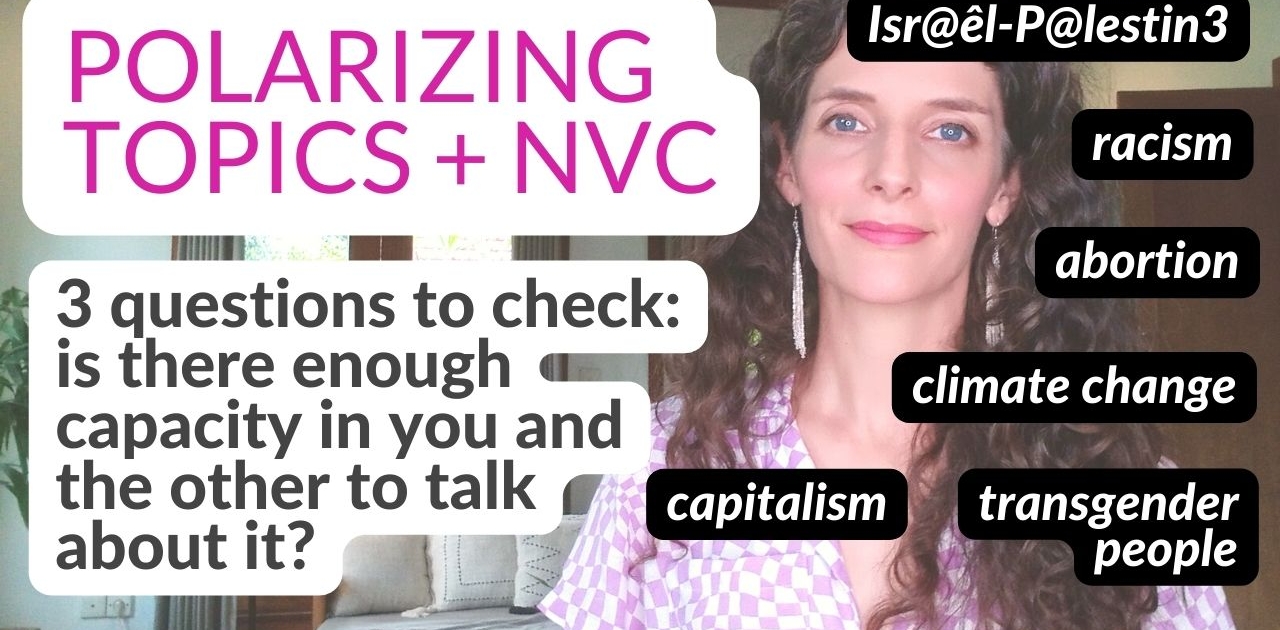

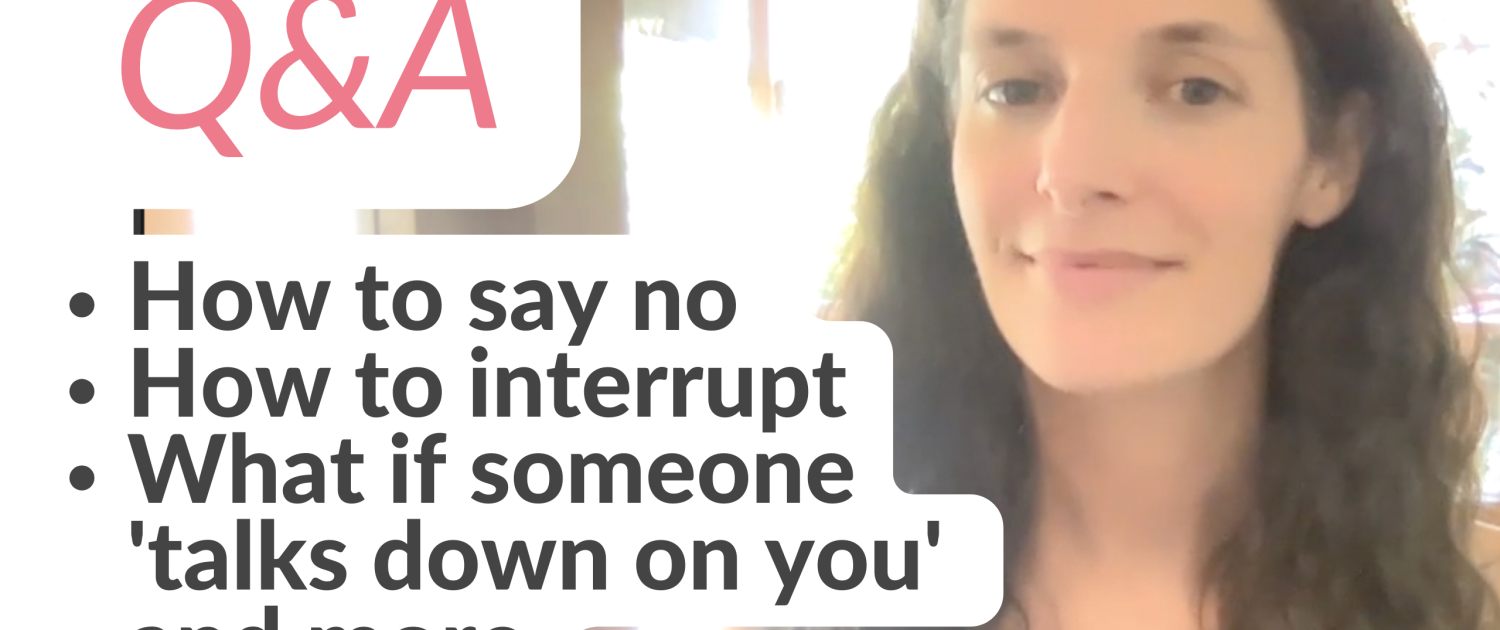
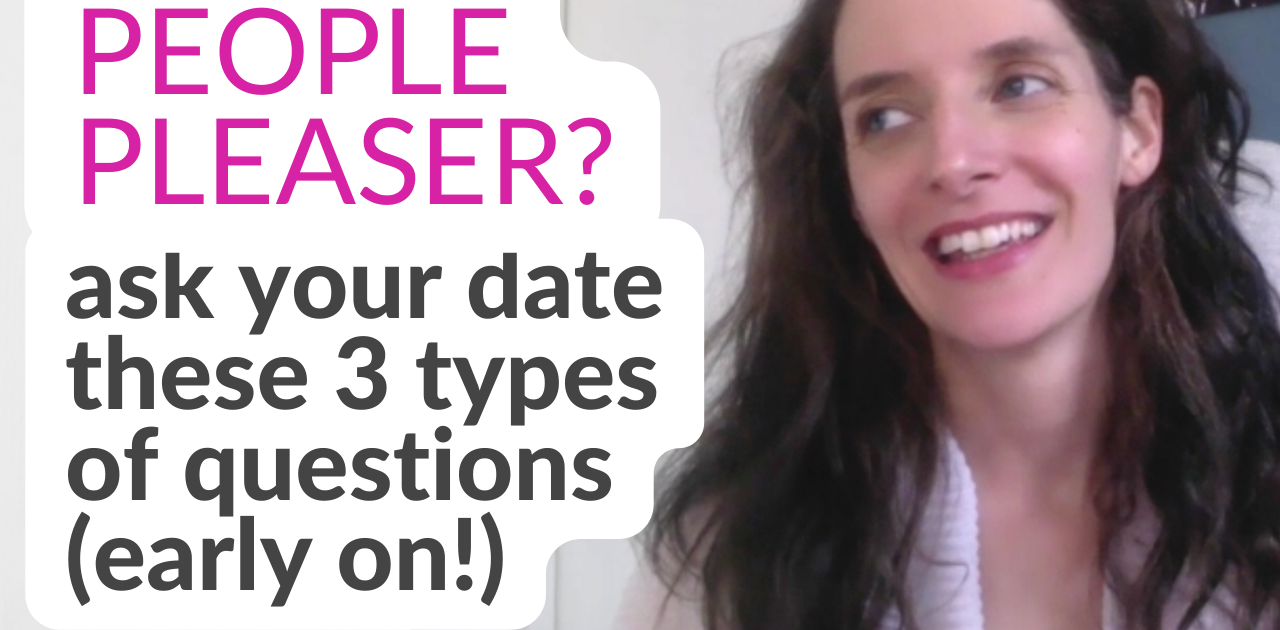
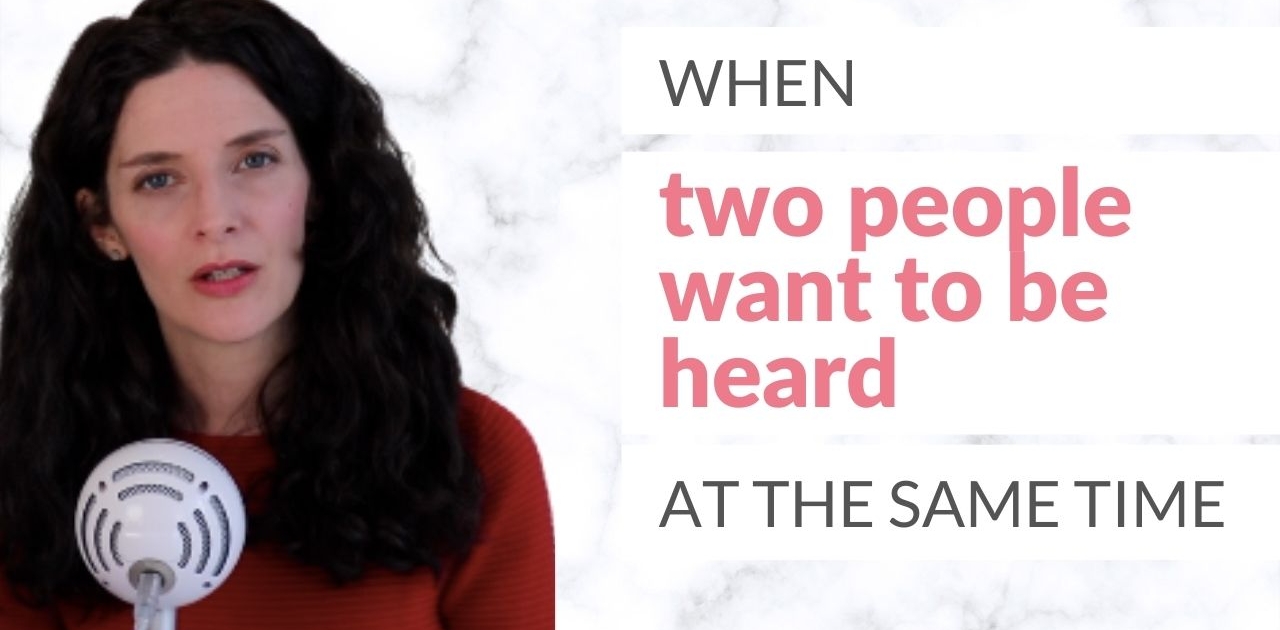
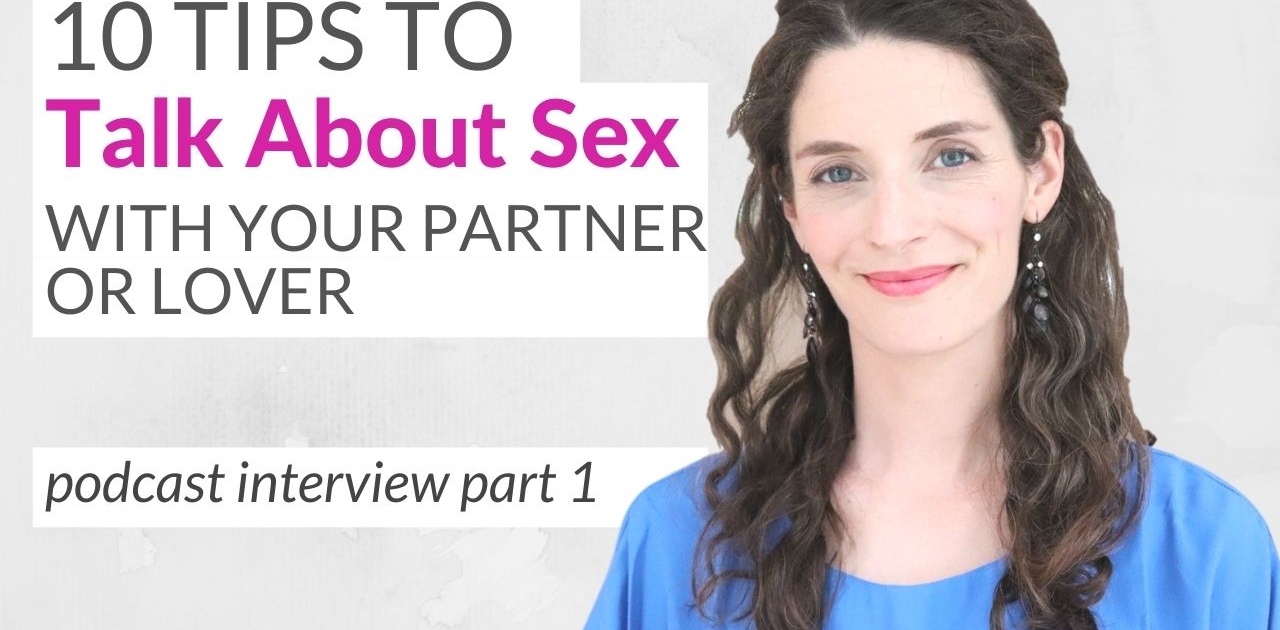

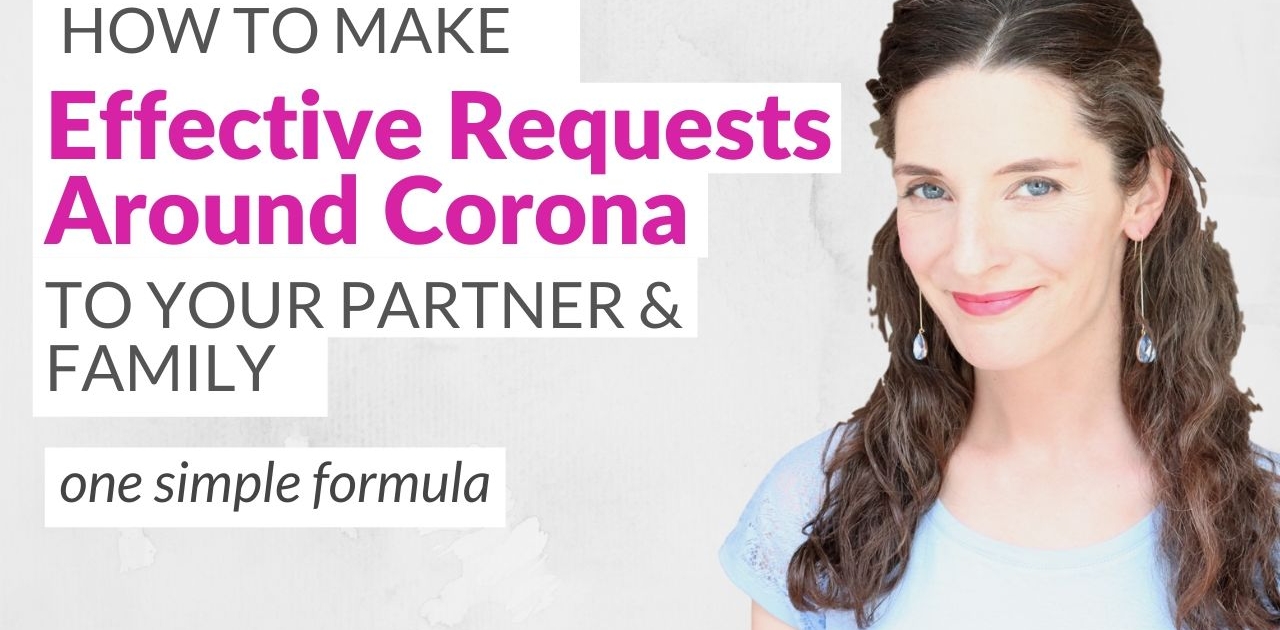

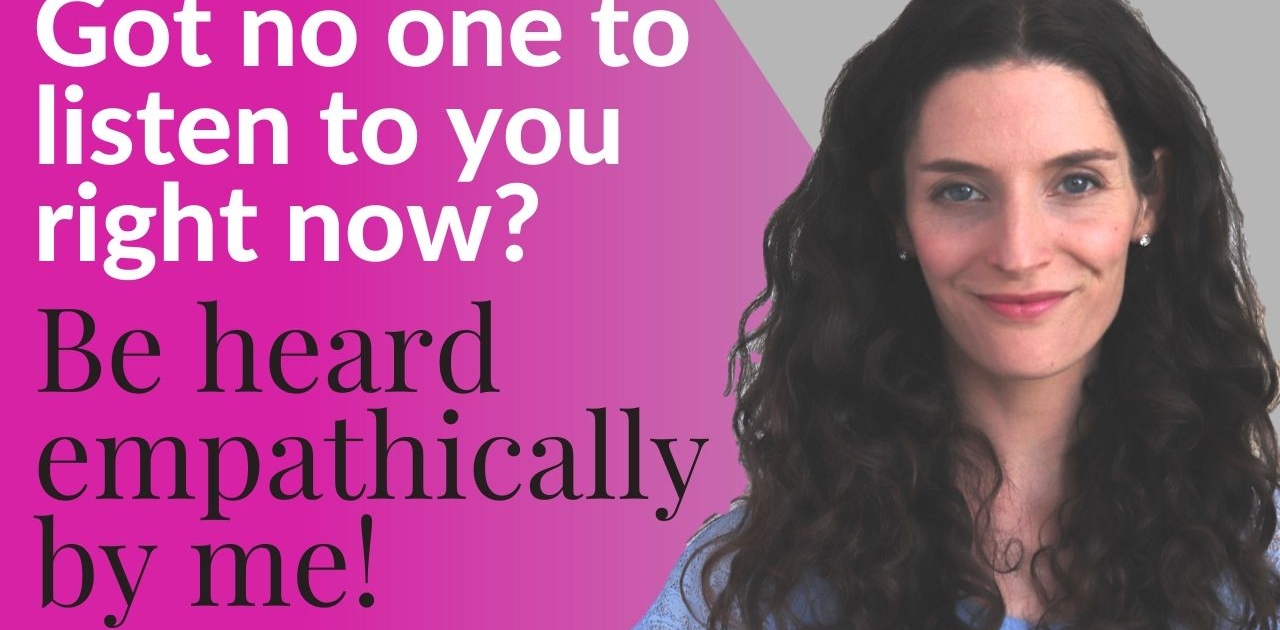

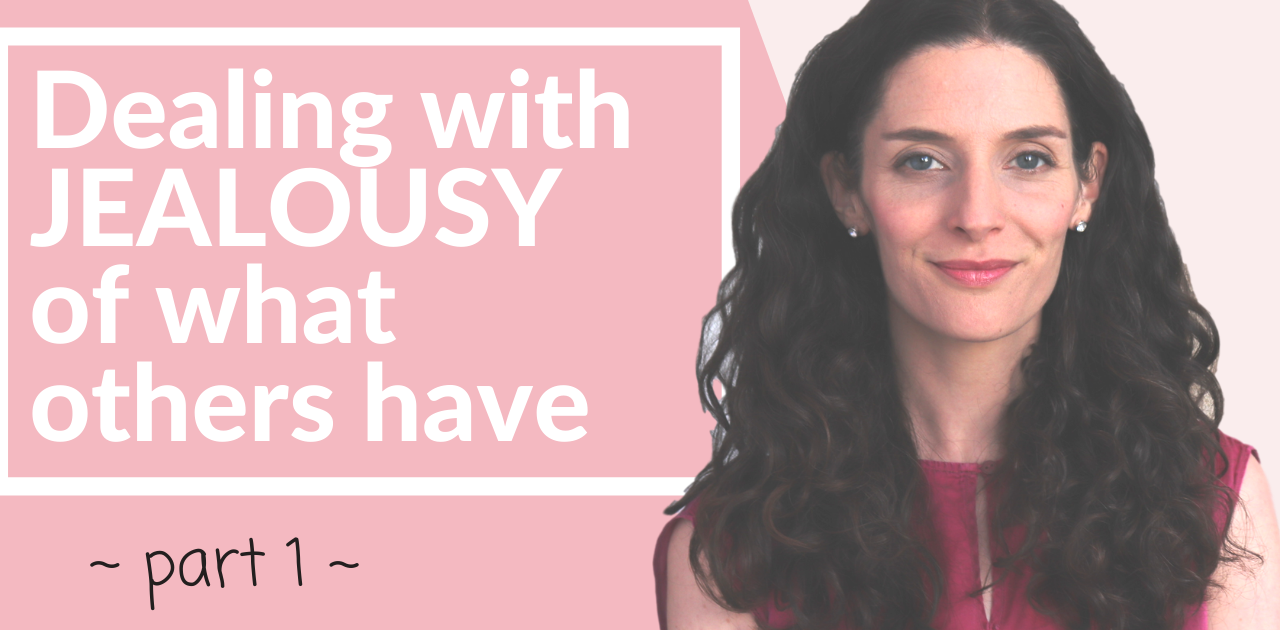
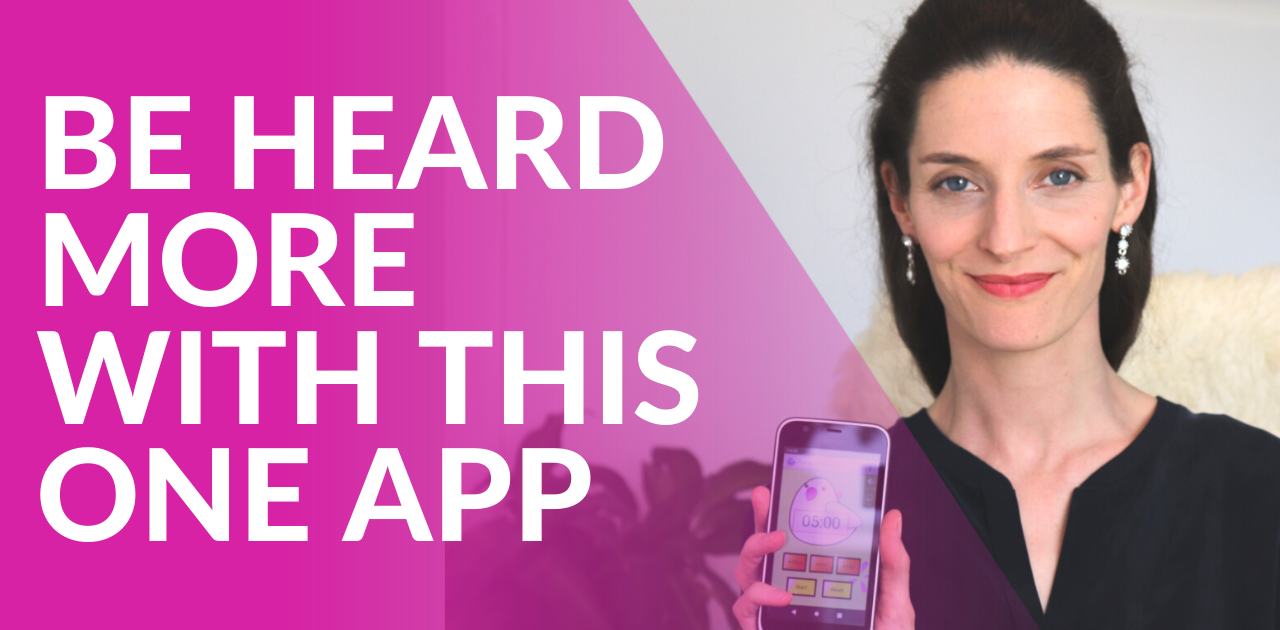
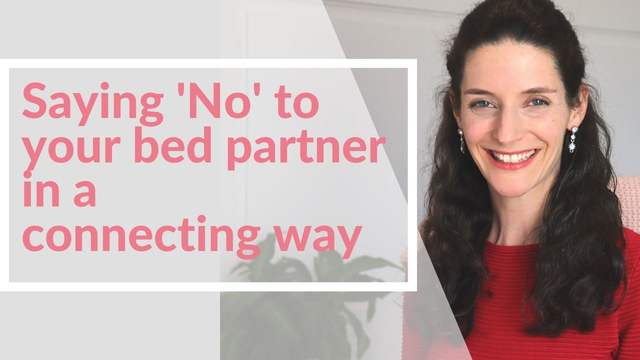
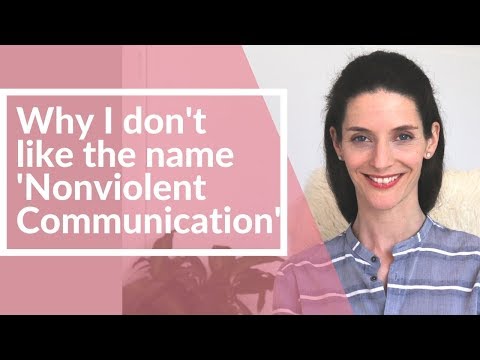

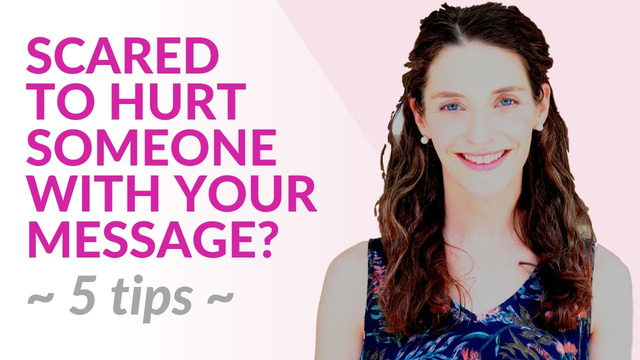
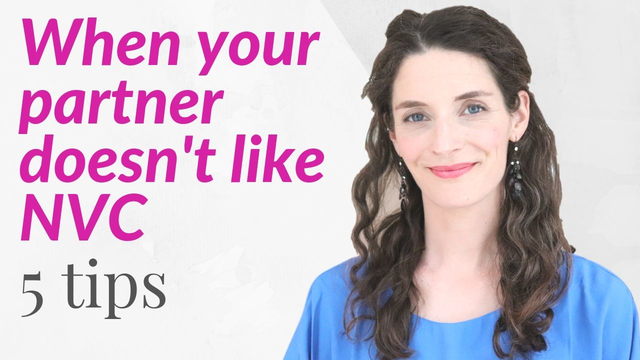

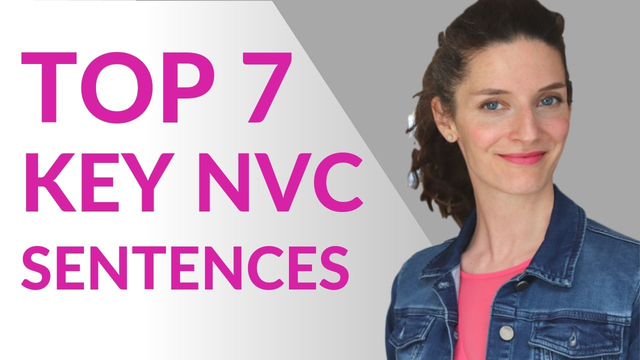
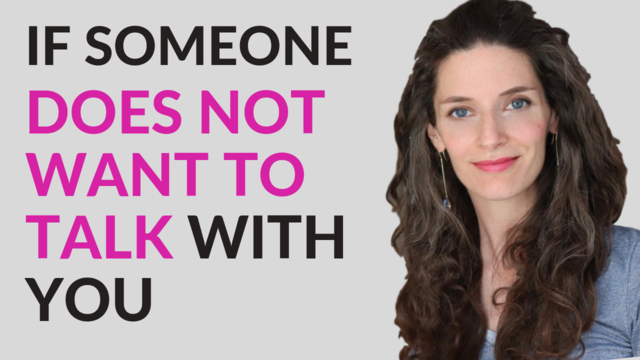


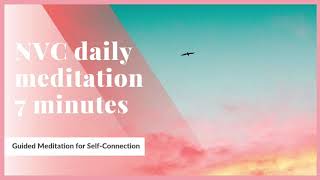
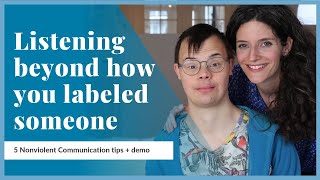

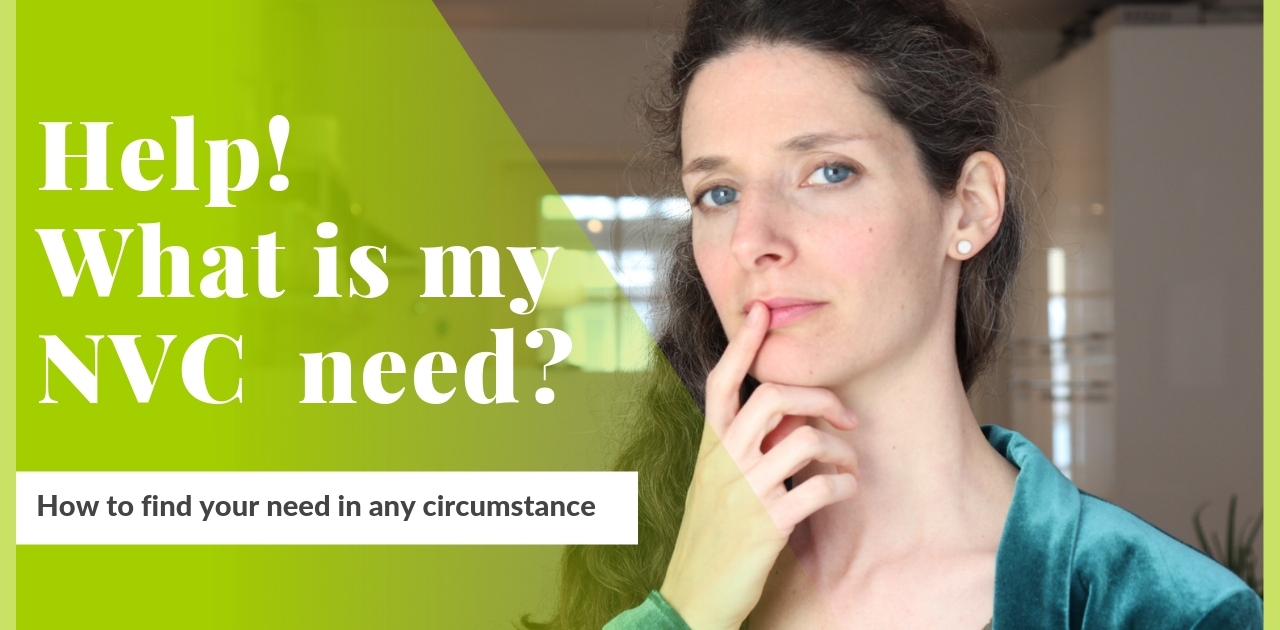
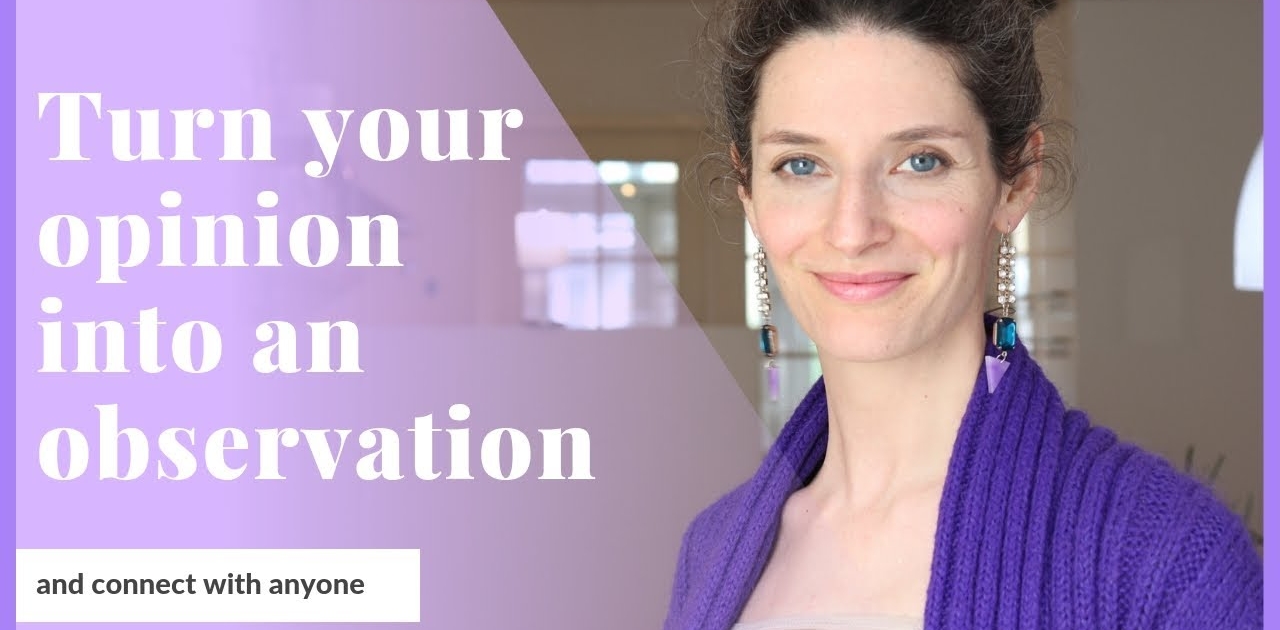
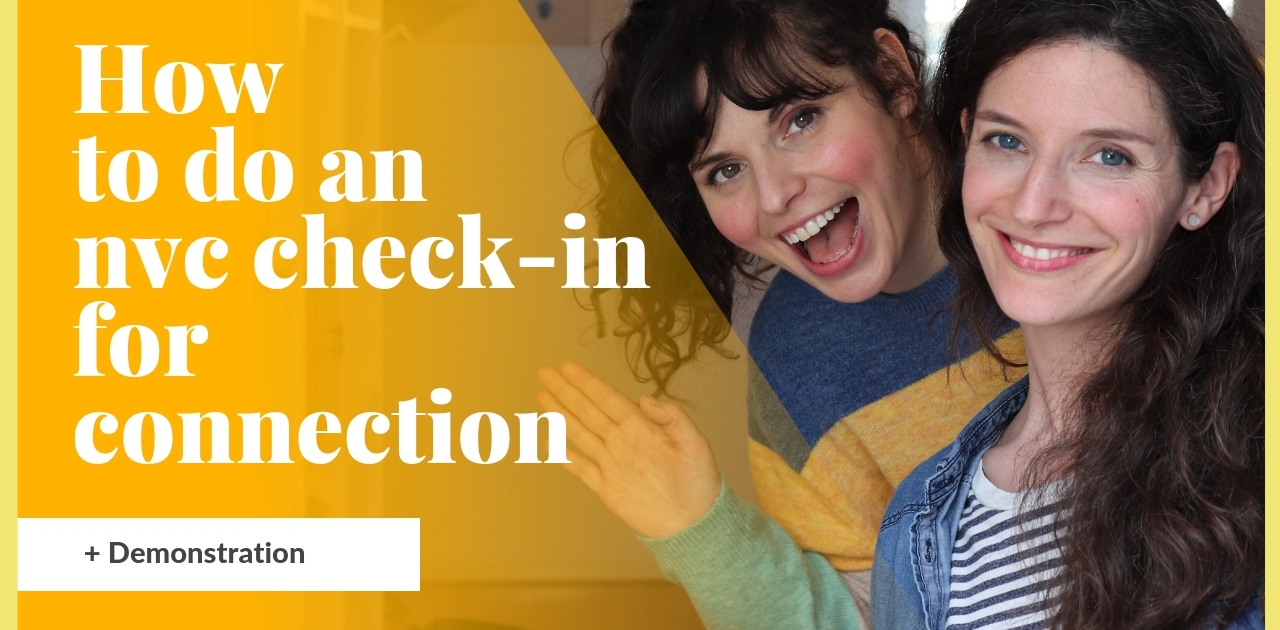

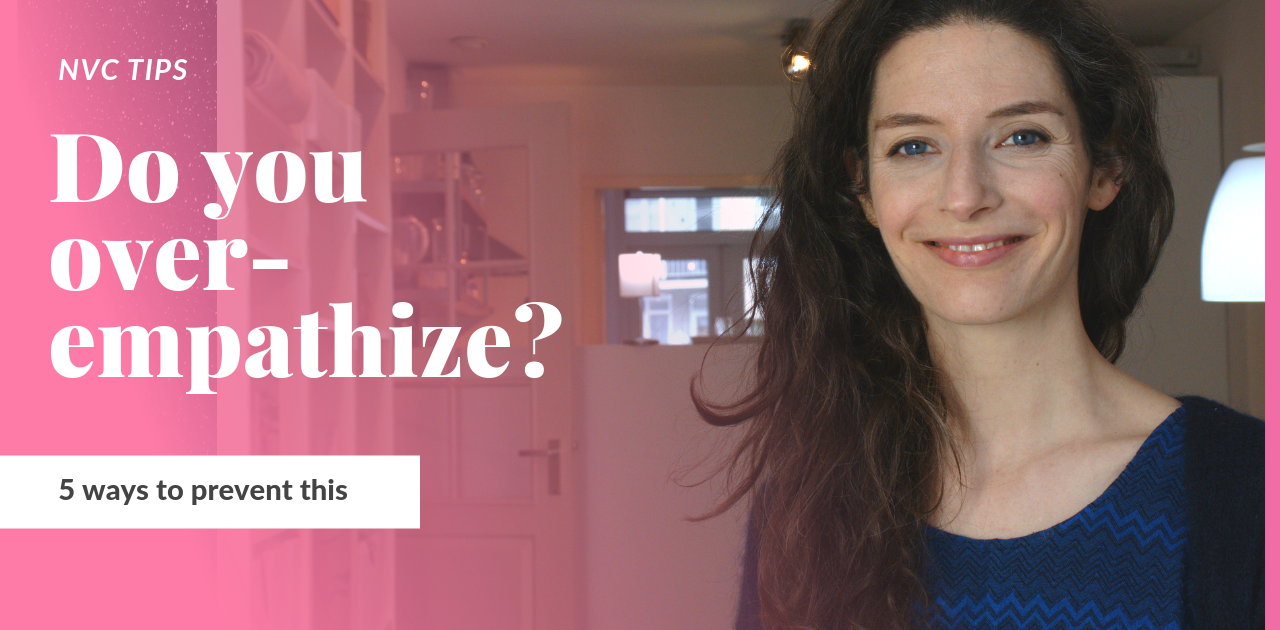
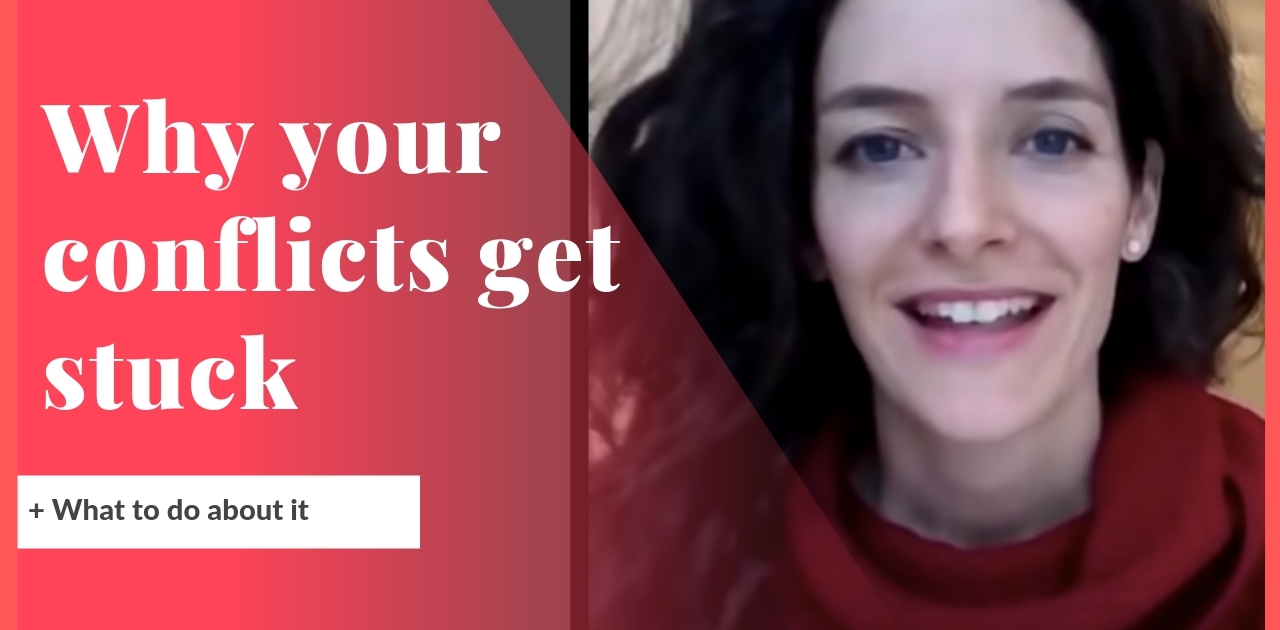

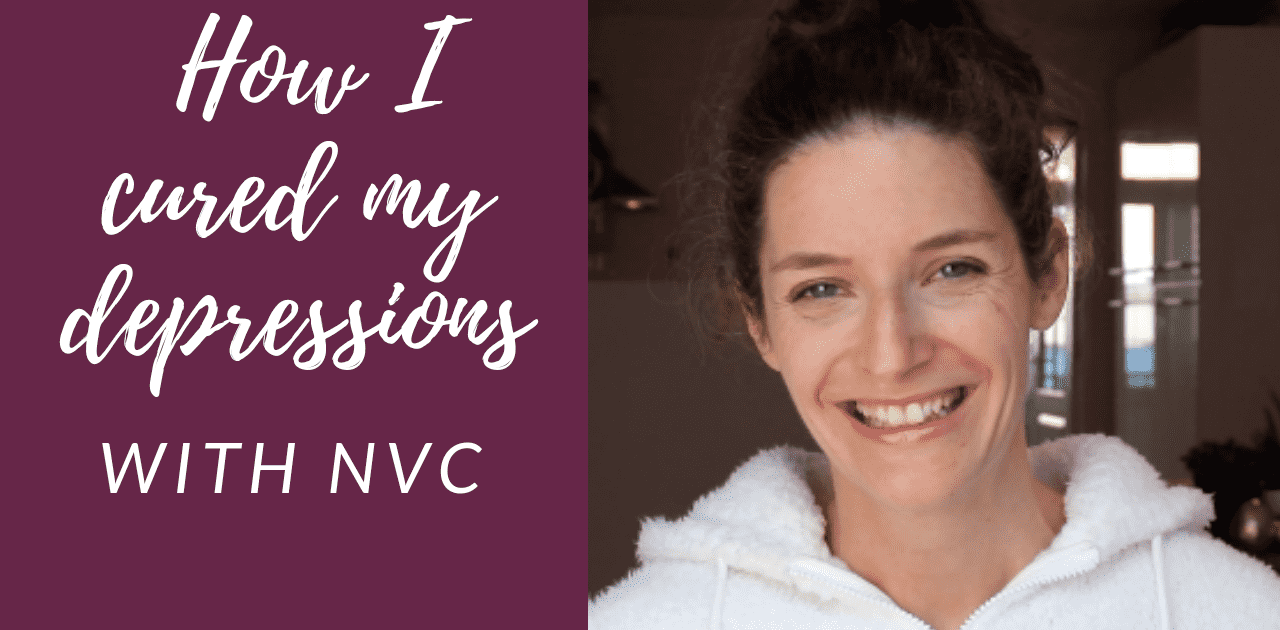
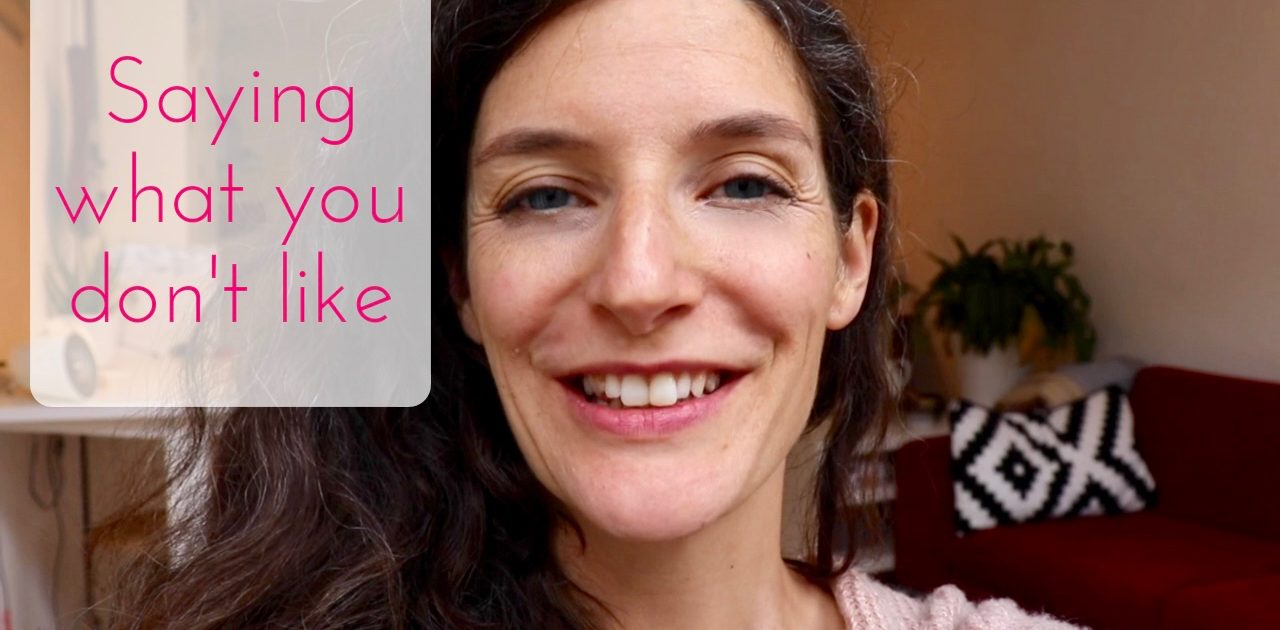
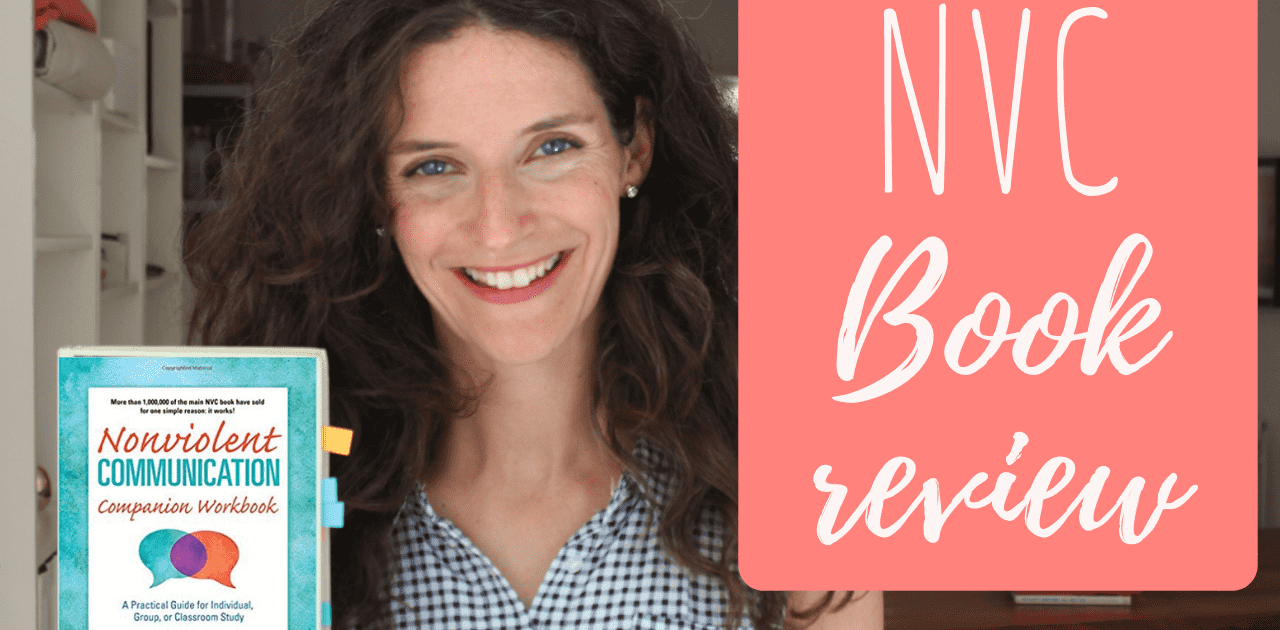
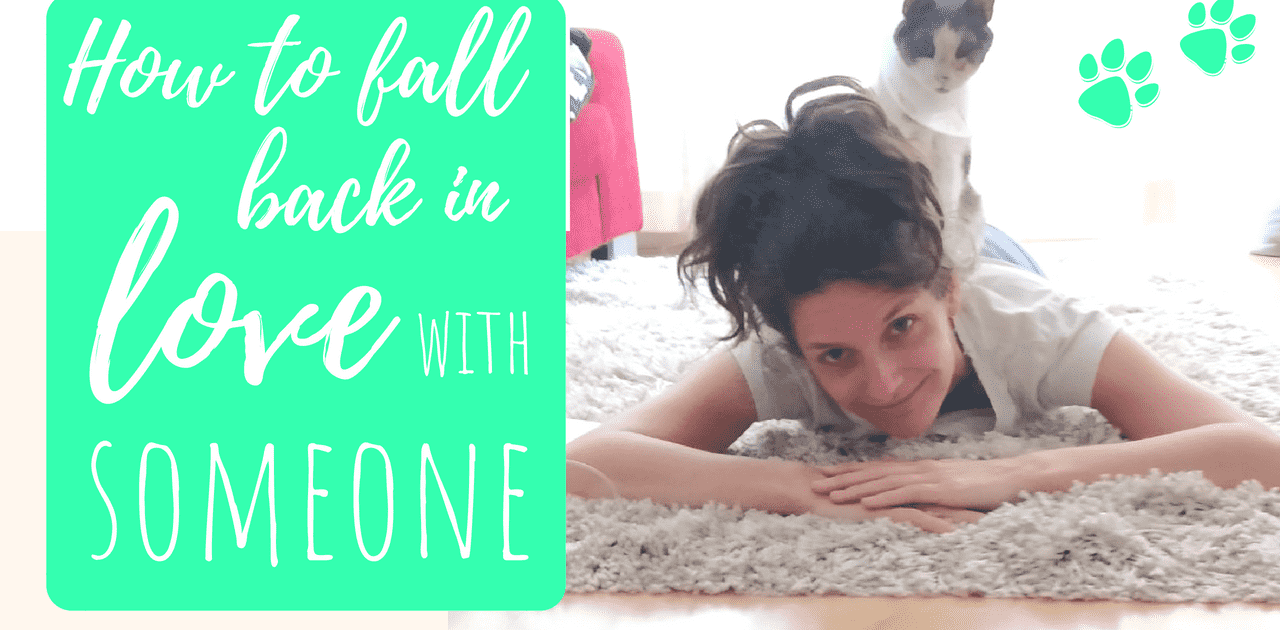



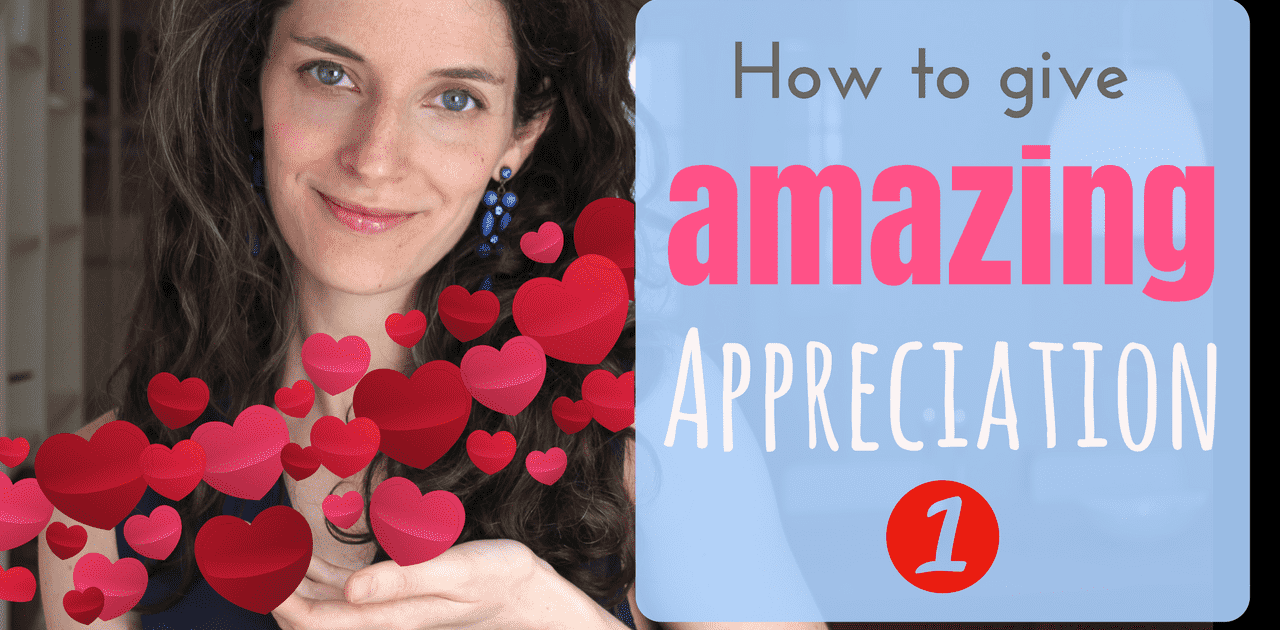

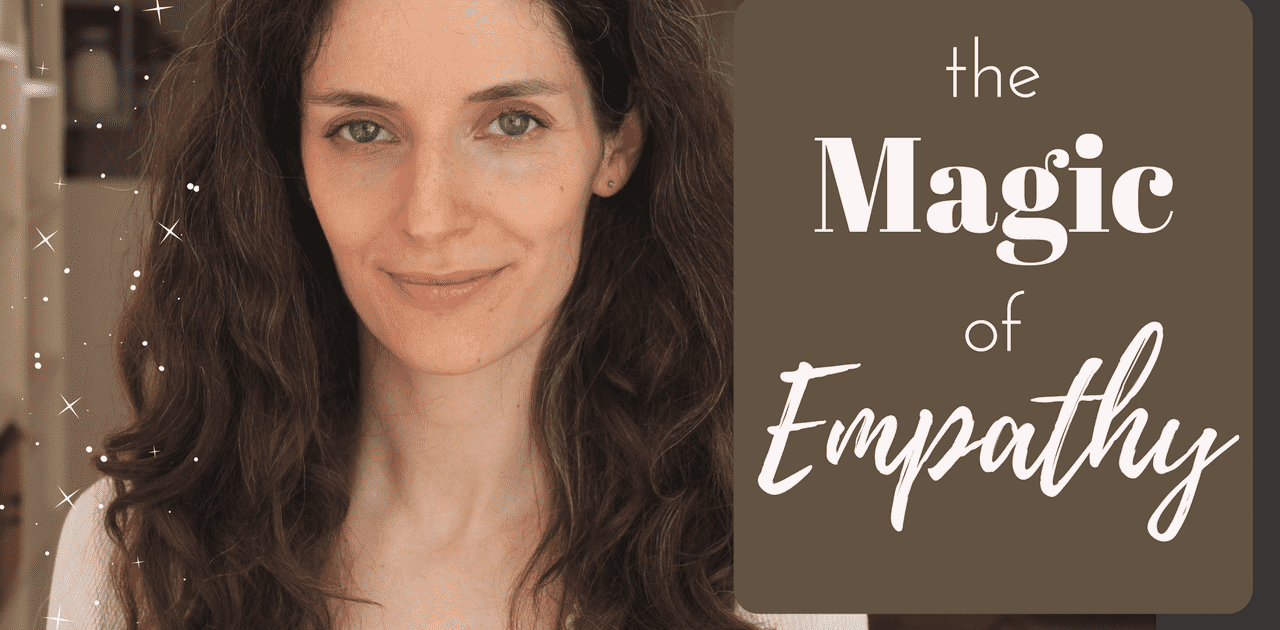

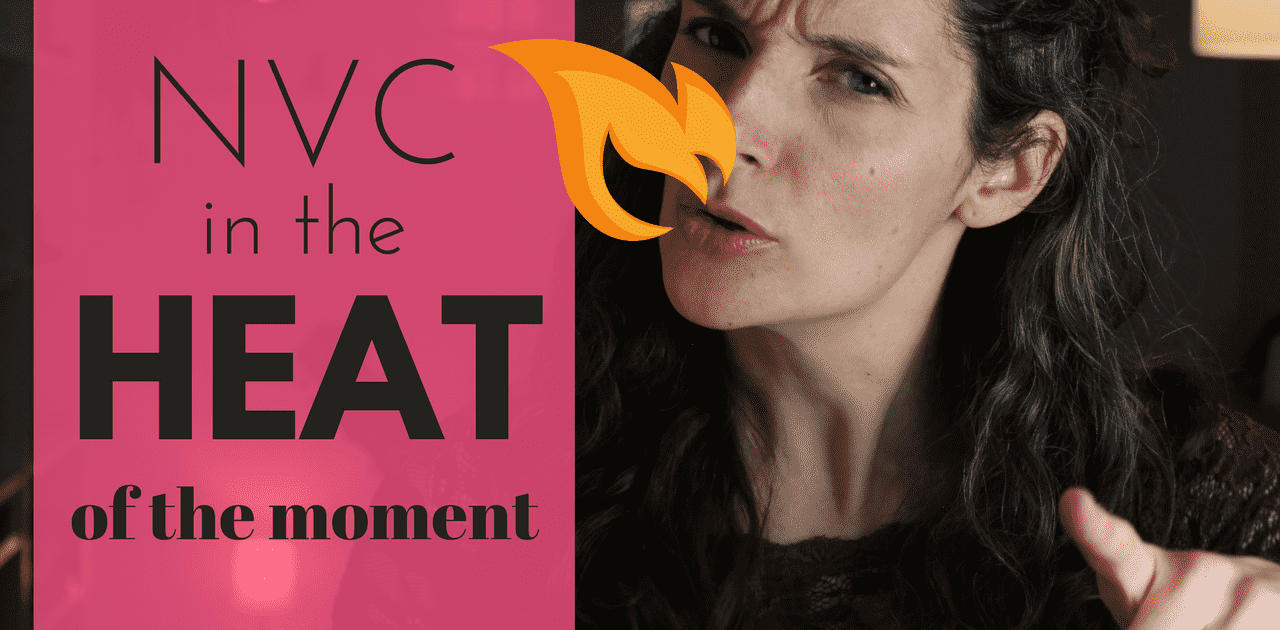


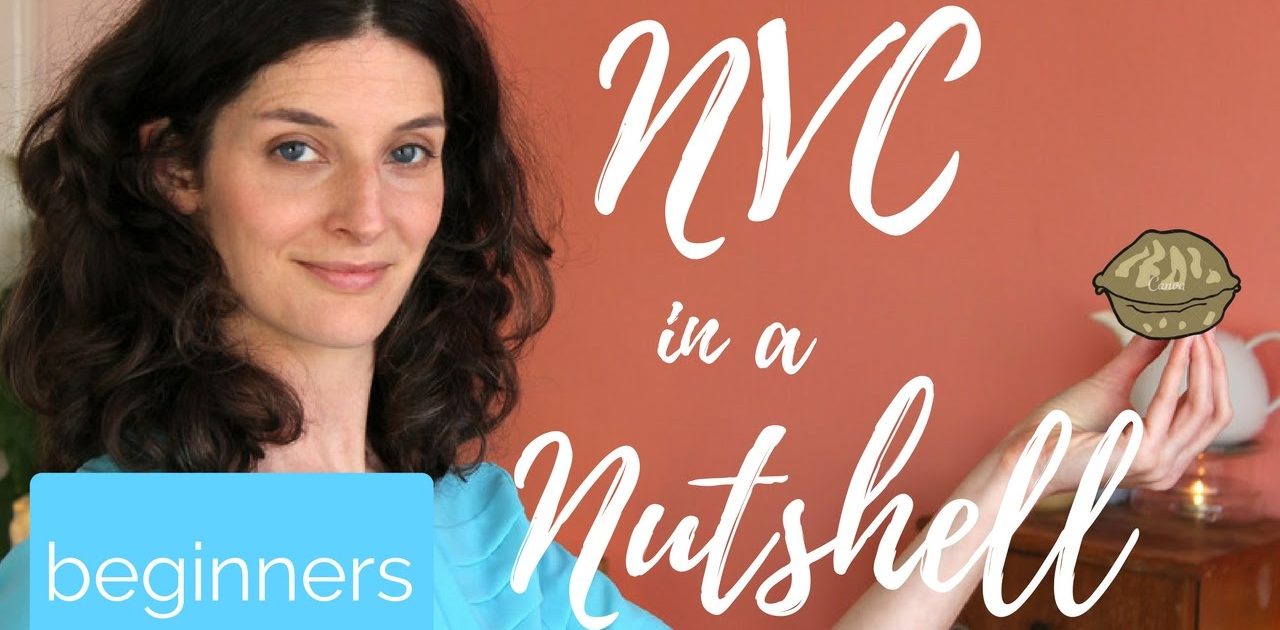
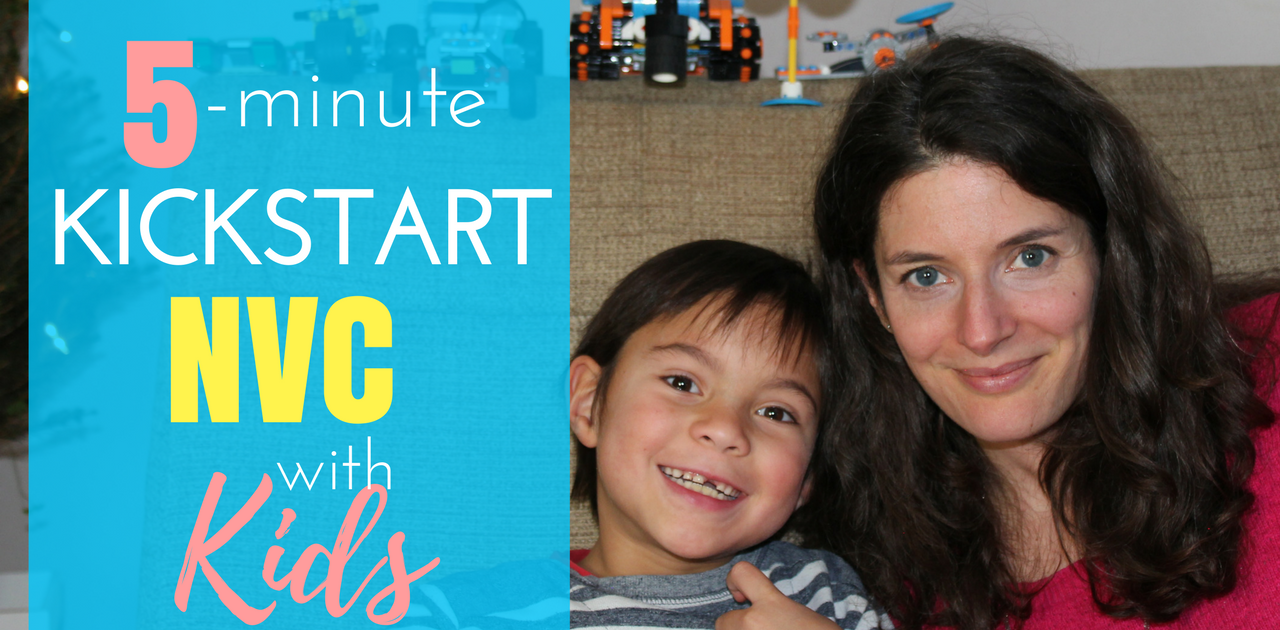

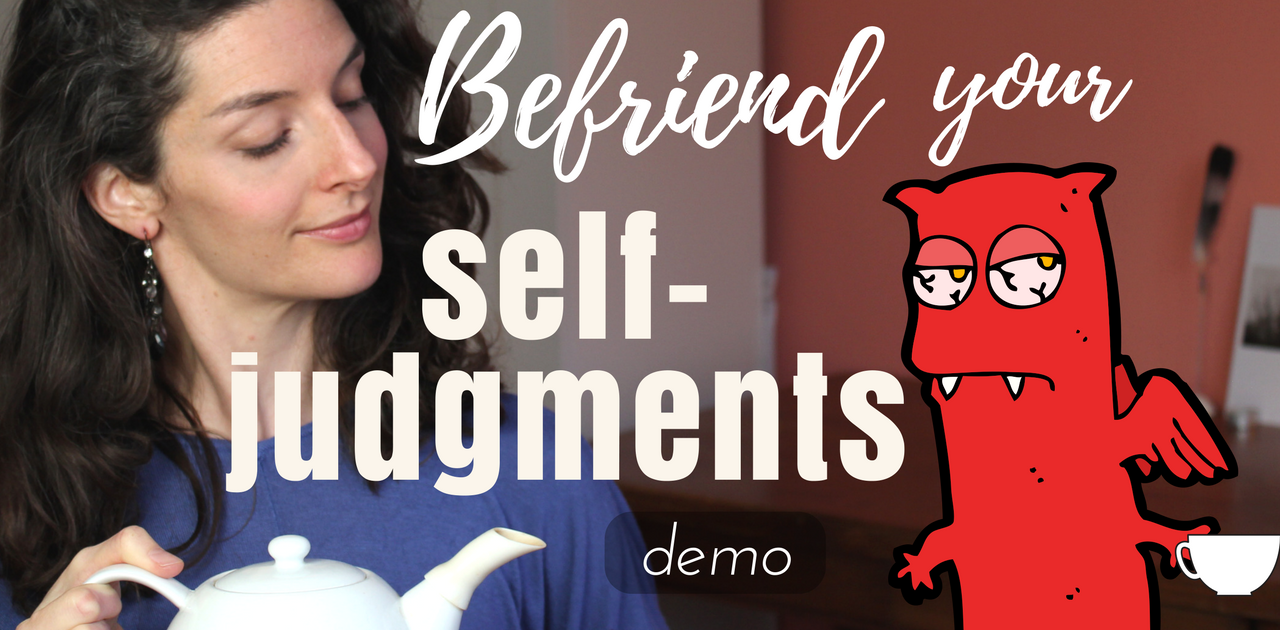
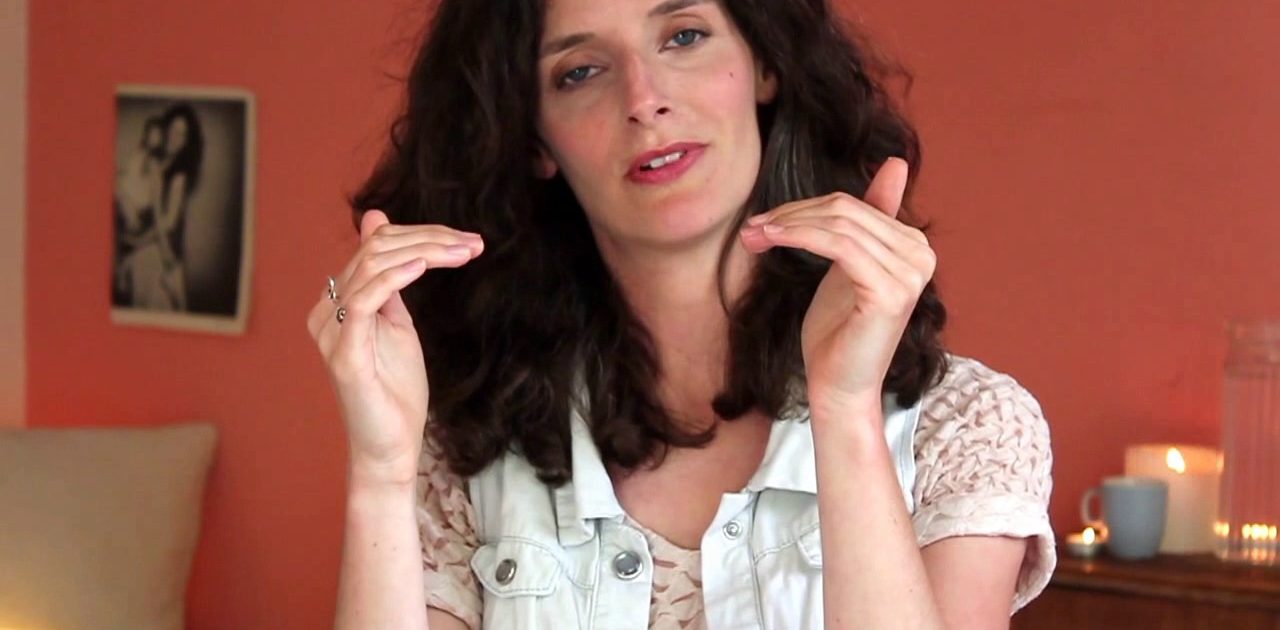
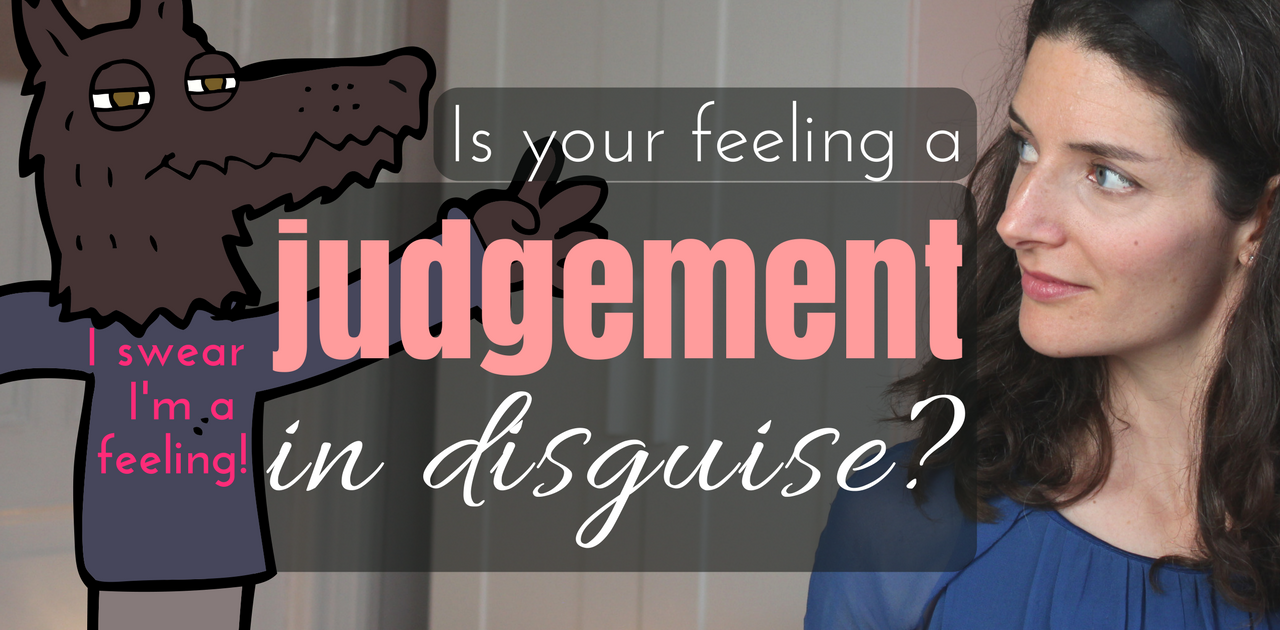
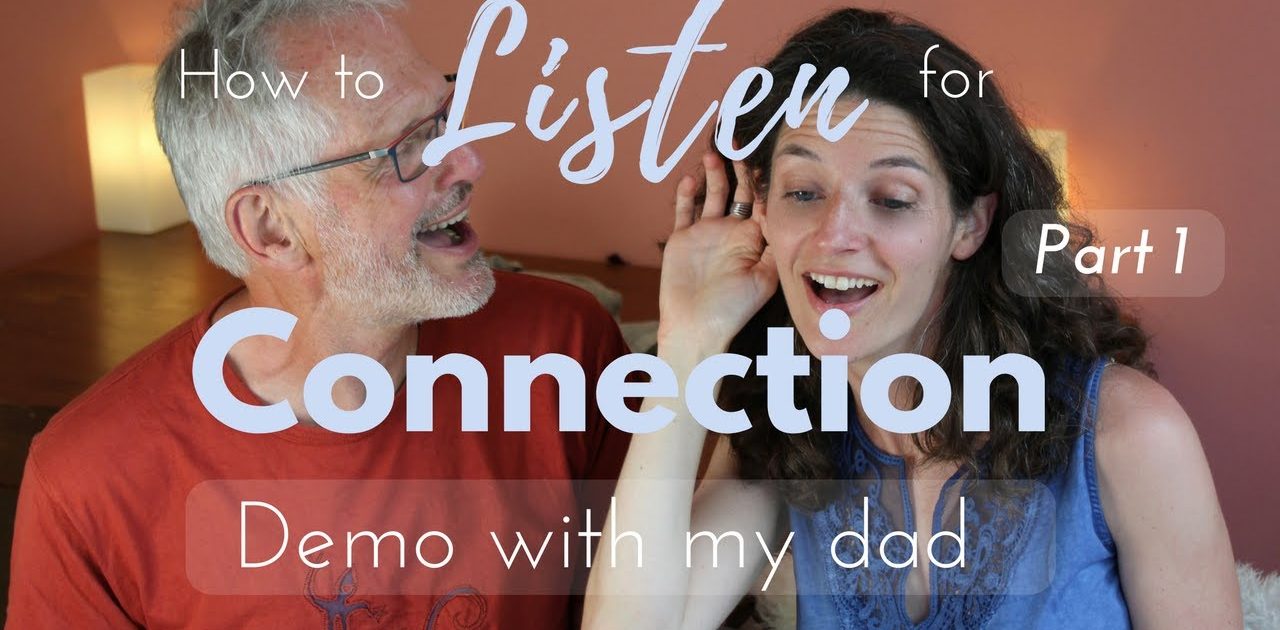


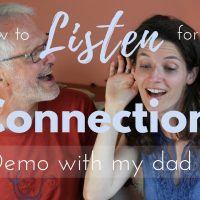
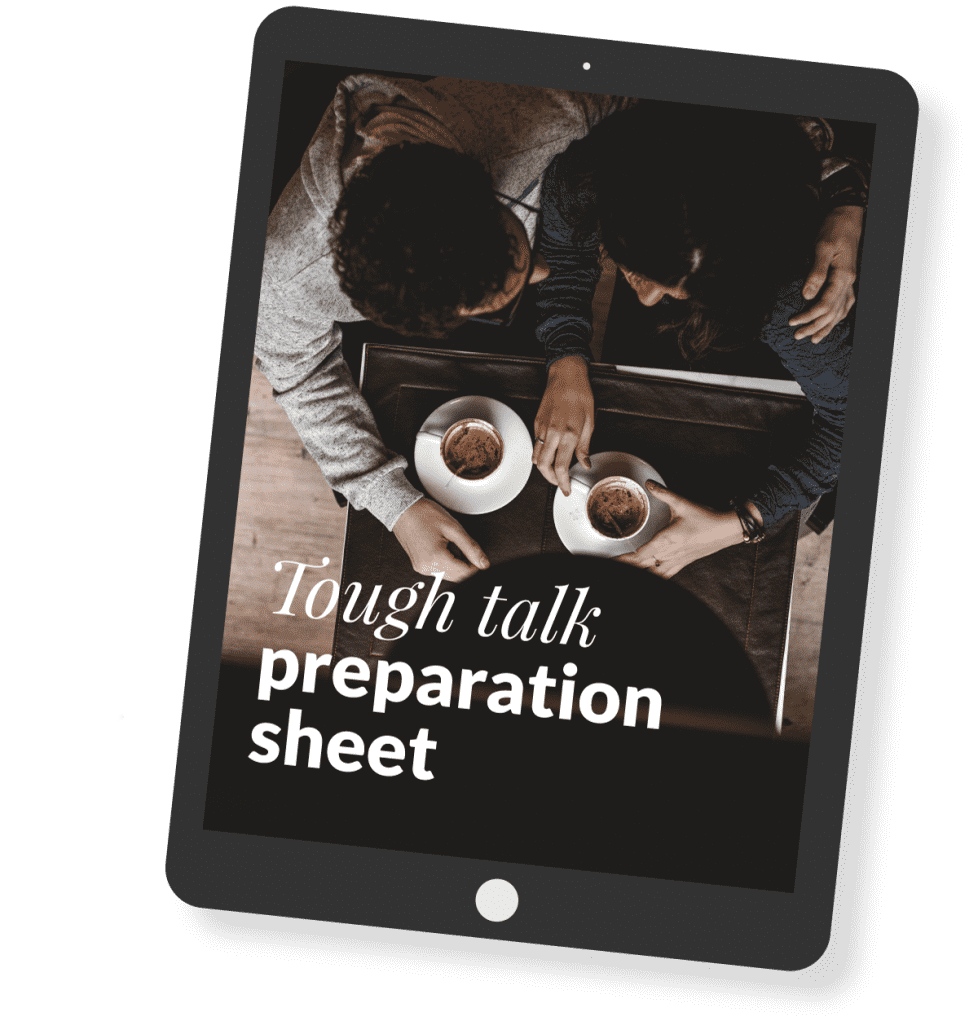
Thanks
This is actually helpful, thanks.
Thanks Jacquelyn!